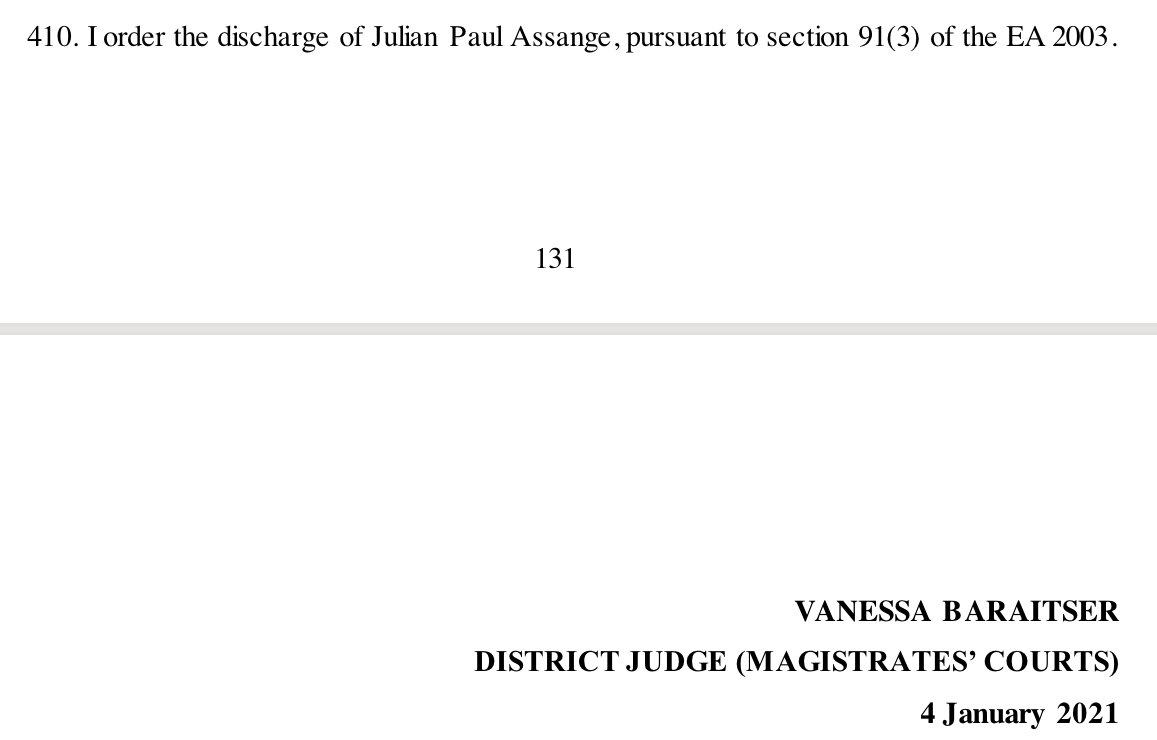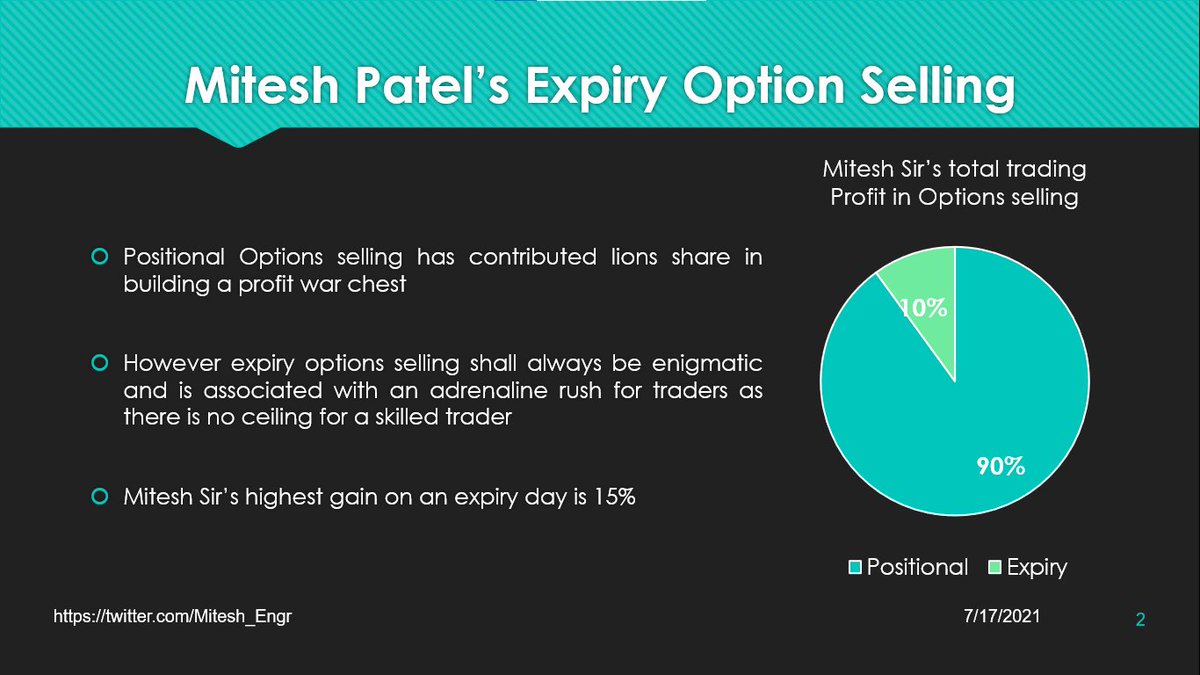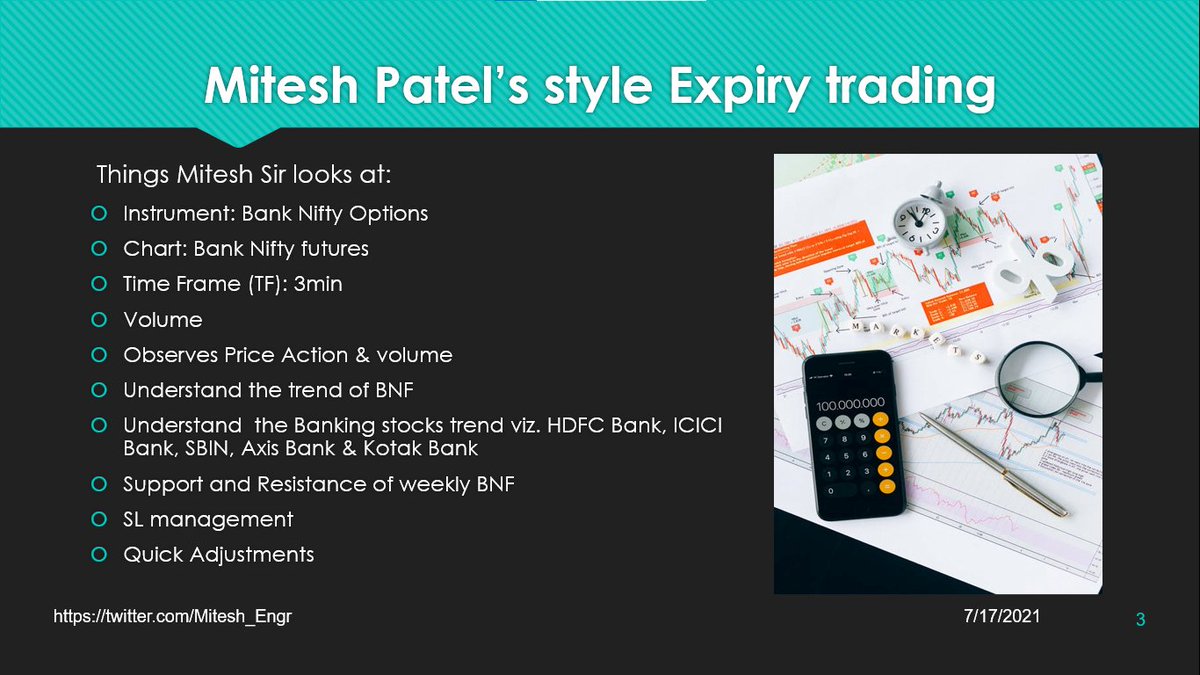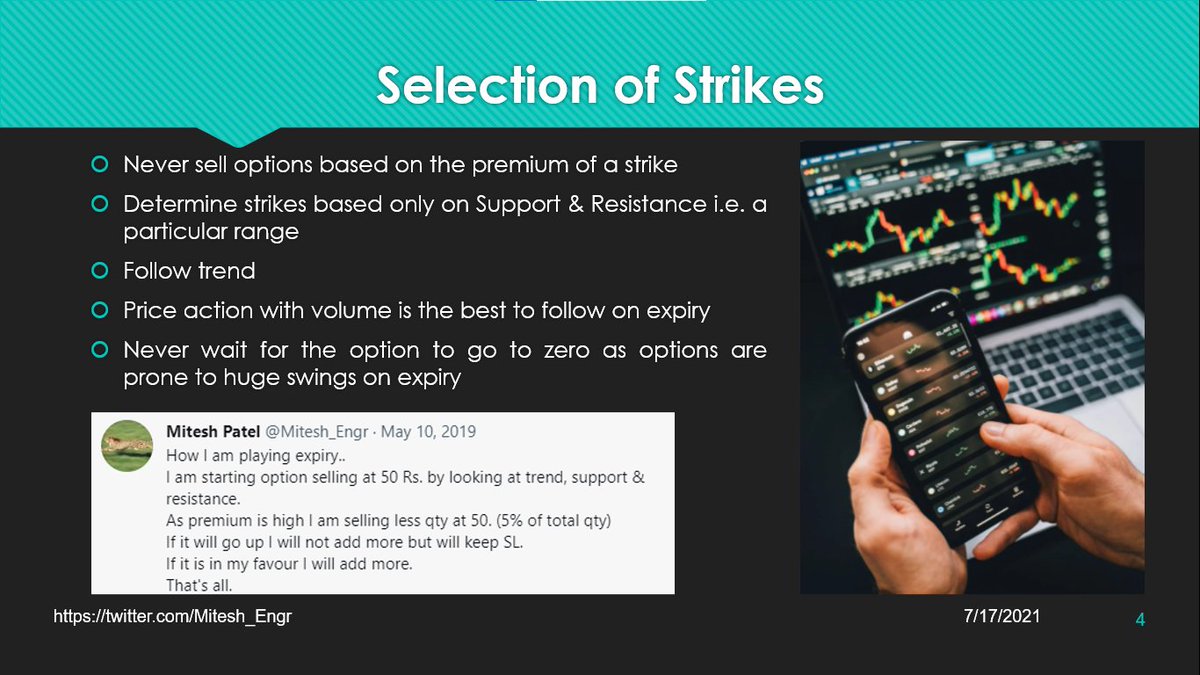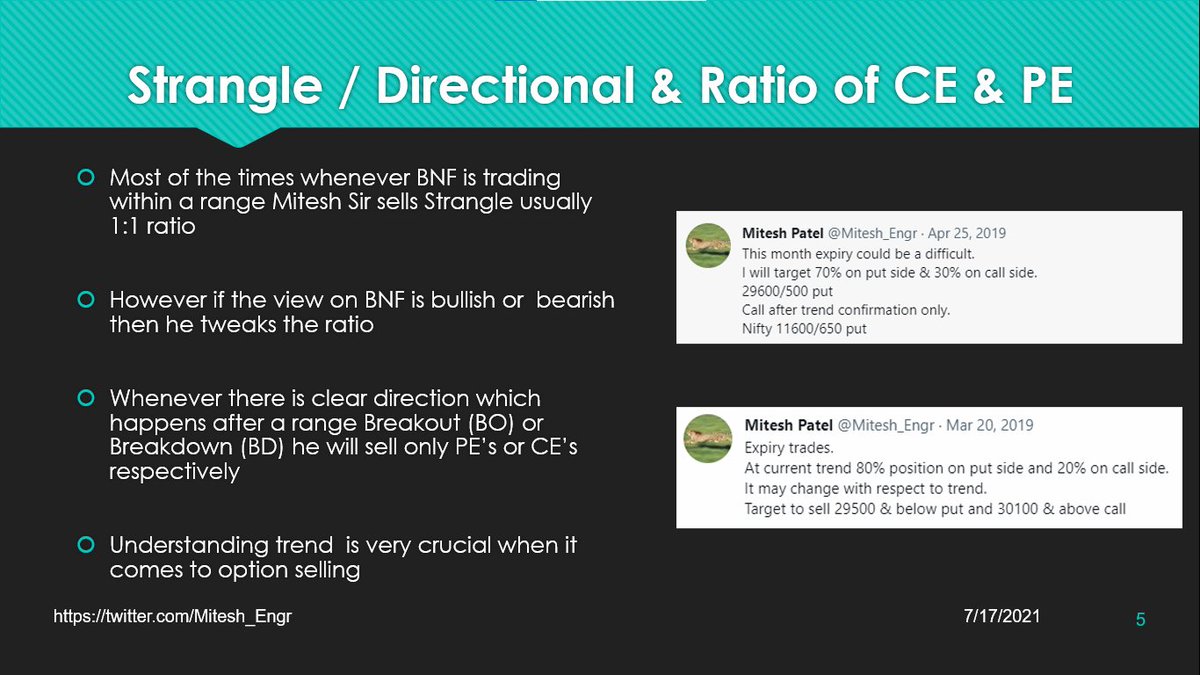The rejection by the UK court of the US Govt's request to extradite Julian Assange to stand trial on espionage charges is obviously great news. But the judge endorsed most of the USG's theories, but ultimately found the US prison system too inhumane to permit extradition.
It was, instead, an indictment of the insanely oppressive US prison system for security "threats."
He should be freed immediately.
Trump could still end this travesty with a pardon, or the DOJ to stop.
Either way, Americans should reflect on how barbaric US "super-max" prison system is. It's repulsive.
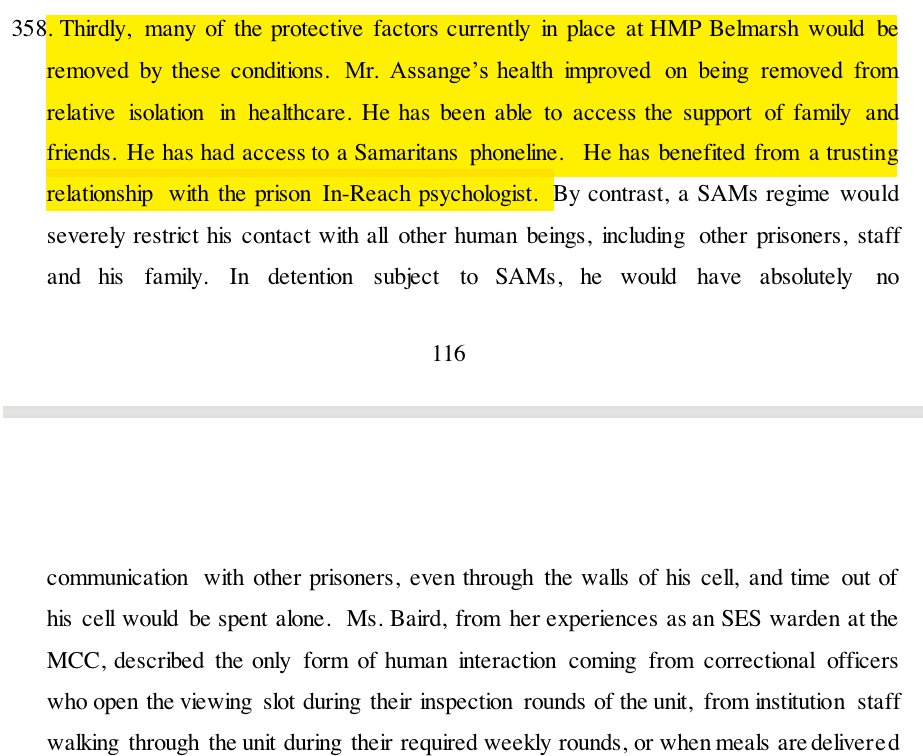

https://t.co/QPRYKhP8dt
They don't realize how isolated in the world they are: the only ones on the side of Pompeo, CIA & the DOJ. But that's 100% who they are.
Please follow & support the independent journalists who did: @richimedhurst, @kgosztola and others.
"Today’s ruling is a huge sigh of relief for anyone who cares about press freedom...[It] means US Govt likely won’t be able to obtain any precedent that would criminalize common newsgathering practices."
https://t.co/nrlbr2AdN6
"Virtually all major press freedom and human rights groups have condemned the US government’s attempt to prosecute Assange as an existential threat to journalists’ rights."
It's Pompeo/CIA/neocons/US-liberals v. the world.
More from Government
1.
Act of 1871
This is VERY Long but it will end with a MEGA BOOM!
Bookmark it and read it in small bits to digest it all.
This info, comes from some reputable anons and my own digging, compiled together as a superthread!
InevitableET, IPOT... to name a few.
2.
https://t.co/udep5WEYUp
https://t.co/bnzeQek6zv

3.
The TL; DR version is they, by military force, and illegitimate legislature, amended the constitution against the will of The People and legally tricked us into becoming unwitting indentured slaves of human capital and resources to THE UNITED STATES OF AMERICA the corporation)
4.
Republic vs Democracy
-They needed to get away from the Republic and create a Democracy in order to drive us towards socialism and inevitably a dictatorship (National Socialist Party aka NAZI)

5.
Flag

Act of 1871
This is VERY Long but it will end with a MEGA BOOM!
Bookmark it and read it in small bits to digest it all.
This info, comes from some reputable anons and my own digging, compiled together as a superthread!
InevitableET, IPOT... to name a few.
2.
https://t.co/udep5WEYUp
https://t.co/bnzeQek6zv

3.
The TL; DR version is they, by military force, and illegitimate legislature, amended the constitution against the will of The People and legally tricked us into becoming unwitting indentured slaves of human capital and resources to THE UNITED STATES OF AMERICA the corporation)
4.
Republic vs Democracy
-They needed to get away from the Republic and create a Democracy in order to drive us towards socialism and inevitably a dictatorship (National Socialist Party aka NAZI)

5.
Flag

You May Also Like
Joe Rogan's podcast is now is listened to 1.5+ billion times per year at around $50-100M/year revenue.
Independent and 100% owned by Joe, no networks, no middle men and a 100M+ people audience.
👏
https://t.co/RywAiBxA3s
Joe is the #1 / #2 podcast (depends per week) of all podcasts
120 million plays per month source https://t.co/k7L1LfDdcM
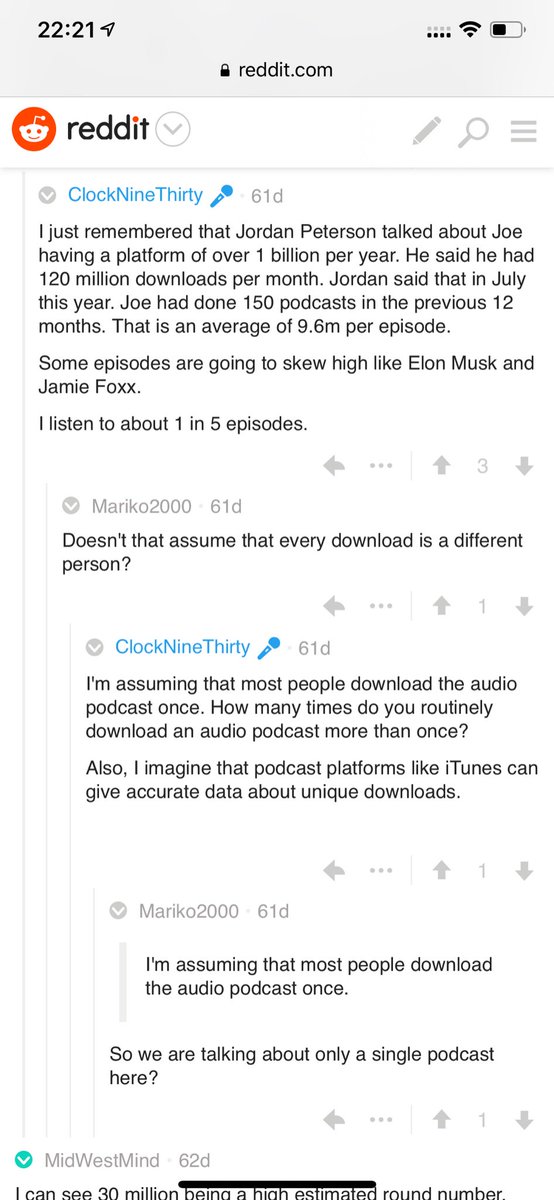
https://t.co/aGcYnVDpMu
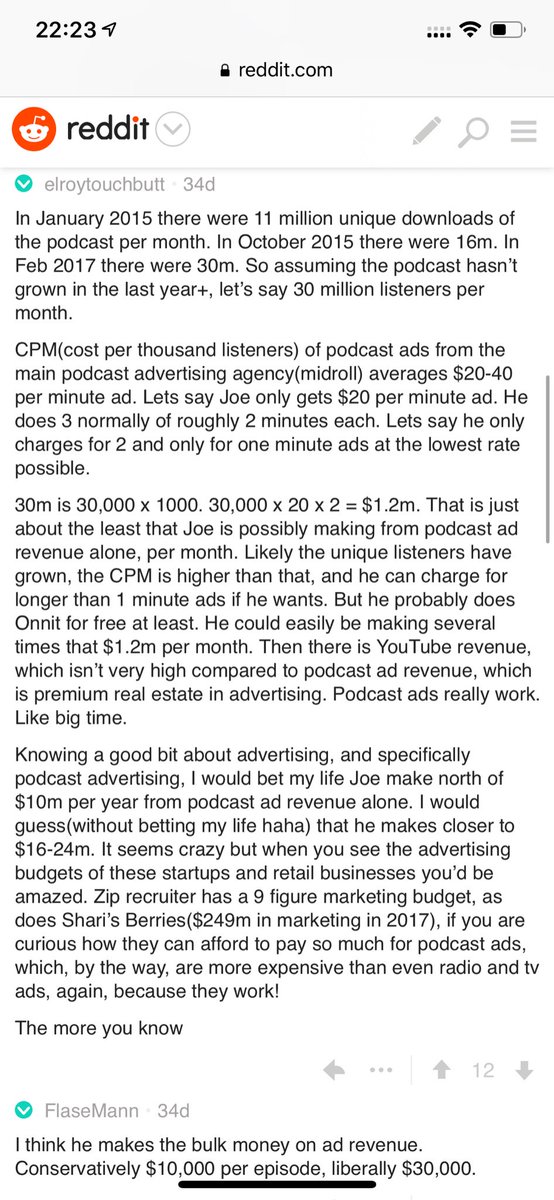
Independent and 100% owned by Joe, no networks, no middle men and a 100M+ people audience.
👏
https://t.co/RywAiBxA3s
Joe is the #1 / #2 podcast (depends per week) of all podcasts
120 million plays per month source https://t.co/k7L1LfDdcM

https://t.co/aGcYnVDpMu


